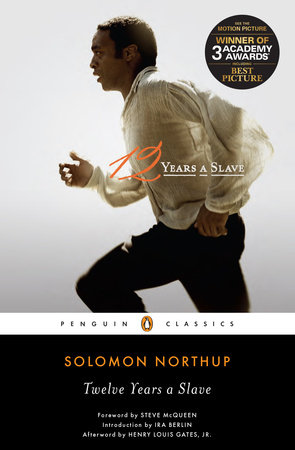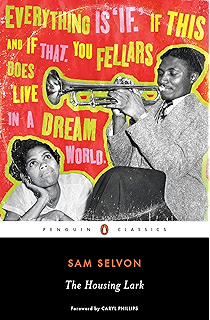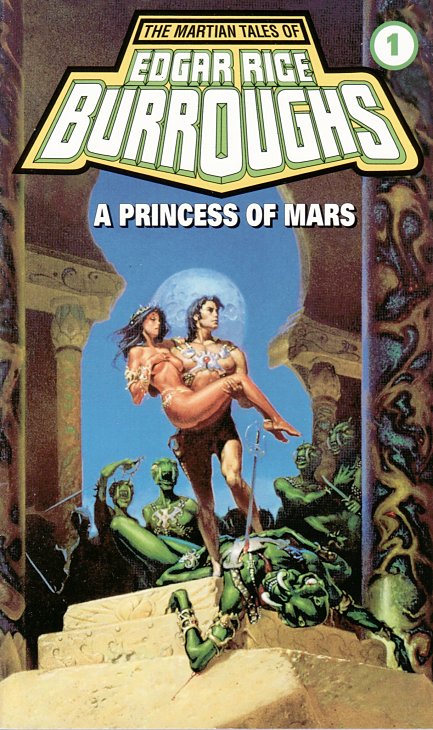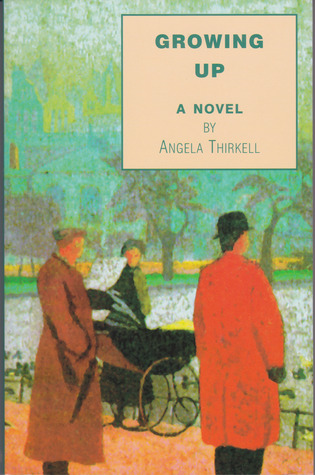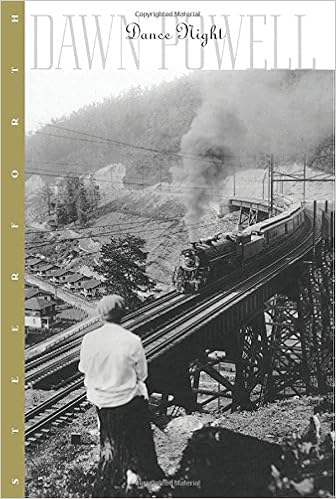Sunday, May 29, 2022
A Double Life by Karolina Pavlova
Sunday, May 8, 2022
Twelve Years a Slave by Solomon Northup
"Having been born a freeman, and for more than thirty years enjoyed the blessings of liberty in a free State--and having at the end of that time been kidnapped and sold into Slavery, where I remained, until happily rescued in the month of January, 1853, after a bondage of twelve years--it has been suggested that an account of my life and fortunes would not be uninteresting to the public."
"Oh, how heavily the weight of slavery pressed upon me then. I must toil day after day, endure abuse and taunts and scoffs, sleep on the hard ground, live on the coarsest fare, and not only this, but live the slave of a blood-seeking wretch, of whom I must stand henceforth in continued fear and dread....I sighed for liberty; but the bondsman's chain was round me, and could not be shaken off. I could only gaze wistfully towards the North, and think of the thousands of miles that stretched between me and the soil of freedom, over which a black freeman may not pass."
"I looked in the direction indicated, and as my eyes rested on his countenance, a world of images thronged my brain .... all the friends of other and happier days, appeared and disappeared .... until at last the perfect memory of the man recurred to me, and throwing up my hands toward Heaven, I exclaimed, "Henry B. Northup! Thank God--thank God!" In an instant I comprehended the nature of his business, and felt that the hour of my deliverance was at hand."
Saturday, September 25, 2021
Miss Pym Disposes by Josephine Tey
"Miss Pym stopped breathing and stared in unbelieving fascination. No really, did any college, however physical and hearty, begin the day at half-past five! Anything was possible, of course, in a community which had use for neither bedside table nor bedside lamps, but--half-past five!"
"But I remind you that it is their last term, this. And so everything is e-norrrmously exaggerated. Everyone is just the least little bit insane. If a student is frightened by nature, then she is a thousand times more frightened this term. ... It is not a normal life they lead. You cannot expect them to be normal."
Saturday, May 29, 2021
A Humorous Classic...
"Looking back on Auntie Mame as the razzle-dazzle butterfly she was in 1929, I can see that she must have been just as terrified at the prospect of rearing a totally strange ten-year-old boy as I was when I first stumbled large-eyed and frightened into the Oriental splendor of her Beekman Place apartment. But Auntie Mame was never one to admit defeat. There was a kind of up-and-at-'em spirit of a speak-easy Girl Scout to my aunt."
"She never revealed her exact age and on a legal document she'd say 'over twenty-one,' which no one ever seemed inclined to question. I suspected she was between thirty-five and forty, and she seemed a lot younger."
"Every weekend I drove off to New York with a carload of junior Fred Astaire's, who settled comfortably in the bedrooms of Auntie Mame's big house on Washington Square and practiced being suave with their hostess. Auntie Mame loved it all. She liked company, and the younger and gayer the better. ... (And) the boys loved her .... they needed Auntie Mame to supply the beds, the board, the parties, the liquor. But she needed them for something more. She needed them to assure her that she was still young, still beautiful, still desirable."
Happy Reading!
Saturday, February 20, 2021
The Housing Lark by Sam Selvon
Monday, November 16, 2020
Shane by Jack Schaefer
"He rode into our valley in the summer of '89. ... He was clean-shaven and his face was lean and hard and burned from high forehead to firm, tapering chin. His eyes seemed hooded in the shadow of the hat's brim. He came closer, and I could see that this was because the brows were drawn in a frown of fixed and habitual alertness. Beneath them the eyes were endlessly searching from side to side and forward, missing nothing. ... He rode easily, relaxed in the saddle...yet even in this easiness was a suggestion of tension. It was the easiness of a coiled spring, of a trap set."
"Only he was not a farmer and never really could be. ... There were times when he would stop and look off at the mountains and then down at himself and any tool he happened to have in his hands as if in wry amusement at what he was doing. You had no impression that he thought himself too good for the work or did not like it. He was just different. He was shaped in some firm forging of past circumstances for other things."
"Those were beautiful fall days, clear and stirring, with the coolness in the air just enough to set one atingling, not yet mounting to the bitter cold that soon would come sweeping down out of the mountains. It did not seem possible that in such a harvest season, giving a lift to the spirit to match the well-being of the body, violence could flare so suddenly and swiftly."
Sunday, March 3, 2019
Another Classic...
"I have determined to write down the story of the interesting periods of my life and of my death. I cannot explain the phenomena; I can only set down here in the words of an ordinary soldier of fortune a chronicle of the strange events that befell me during the ten years that my dead body lay undiscovered in an Arizona cave."
What else this novel contains:
- Woola, the loyal ten-legged Martian 'hound'
- sword fights and battles to the death
- an imaginative Martian landscape
- the warrior race of tusked and multi-limbed green martians
- Dejah Thoris, the beautiful red martian princess (in need of rescuing)
- adventure and romance
Wednesday, February 6, 2019
A classic from my TBR shelf...
I can't remember where I first heard about Angela Thirkell, but it was on someone's blog several years ago. And not just one person's blog. For awhile, it seemed like every other blog I followed was posting a review of one of Thirkell's novels. So, when I saw a copy of Growing Up in a used bookstore, I couldn't resist; I snapped it up, brought it home, promptly put it on a shelf .... and never got around to reading it. Until now.
Title: Growing Up
Year: 1942
Place: Barsetshire (Anthony Trollope's fictional English county)
Plot: Sir Harry and Lady Waring's home is being used as a convalescent hospital for soldiers while they themselves live downstairs in the servant's quarters. A young military couple, Noel and Lydia Merton, come to lodge with them for a few months as does their niece, Leslie. And soon life at the Priory gets a little more complicated...and a little more fun. With wit and humor, Thirkell captures the struggle and uncertainty of the war years and deftly mixes it with the resilience and British good cheer of her main characters. There's even a little romance thrown in for good measure.
My thoughts: This novel started off a little slow for me, but then I relaxed into the rhythm of Thirkell's writing and really started to enjoy her characters and their day-to-day happenings at Winter Overcotes. Lydia is delightfully charming; I loved the interaction between Sir Harry and his wife; and the uncertain romance between Leslie and Colonel Winter added another layer of fun. There were a few other characters I didn't love, but they only added to the eccentricities of life in a small English town. Growing Up reminded me a lot of a Barbara Pym novel with a hint of Elizabeth Gaskell added in.
Tuesday, January 24, 2017
Dance Night
"Morry leaned far out the window and looked above and below, but there was no woman in the sky nor any sign of a miracle for blocks around. Girls from the Works in light dresses wandered, giggling, up and down the street waiting for the Casino Dance Hall above Bauer's to open, farm couples stood transfixed before Robbin's Jewelry Store window, the door of Delaney's Saloon swung open, shut, open, shut, releasing then withdrawing the laughter and the gaudy music of a pianola. Everything was as it was on any other Thursday night in Lamptown."
"Suddenly he thought he had lived over stores long enough, he wanted someplace to stretch his long limbs, someplace where he belonged...Morry felt homesick for spacious houses set in spreading lawns fringed with great calm shade trees--he was homesick for things he had never known, for families he had only read about, he missed people--old friends that had lived only in the novels he had read."
"The Chicago train thundered by with a fleeting glimpse of white-jacketed porters and lit-up dining cars. Morry and Jen watched it hungrily, they were on that train whizzing through Lamptown on their way to someplace, someplace wonderful.... The train went ripping through further silence leaving only a humming in the air and a smoky message painted on the sky. Morry and Jen looked quickly at each other--this was the thing that always bound them--trains hunting out unknown cities, convincing proof of adventure far off, of destiny somewhere waiting of things beyond Lamptown..."


